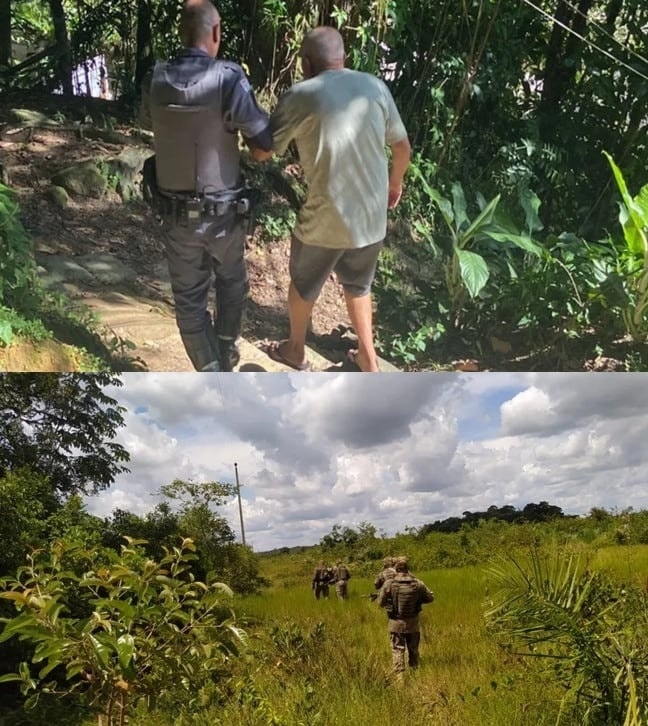The 71-year-old man believed life was finally giving him a small moment of peace. After months of aching loneliness following the loss of his wife, he had started chatting online simply to feel connected again. He wasn’t searching for anything dramatic — just a bit of companionship, a friendly conversation, maybe someone who could ease the silence that filled his home.
So when a young woman reached out with warmth and a gentle tone, he felt a spark of hope he hadn’t felt in years. She laughed at his jokes, asked about his pastimes, and told him she admired how “kind and genuine” he seemed. For a man who had spent his whole life believing in honesty, decency, and loyalty, her attention touched something deep inside him.
He didn’t notice the red flags. He didn’t question why someone so young was so interested in a man in his seventies. He didn’t recognize how quickly her words shifted from friendly to flattering. Her messages made him feel seen — and after so many months of eating alone and waking up alone, that feeling was powerful enough to silence his doubts.
When she suggested meeting in person, he hesitated — not out of fear, but out of insecurity. He worried he wasn’t interesting, charming, or youthful enough. She reassured him immediately, saying she was just excited to meet “a good man for once.” Those words were enough to push him past his nerves, and he agreed.
On the day they were supposed to meet, he took his time getting ready. He ironed his shirt carefully, smoothed back his hair, and dabbed on the same cologne his late wife had always loved. Looking in the mirror, he almost laughed at himself — a 71-year-old man pacing like a teenager on his first date. But beneath the embarrassment was a quiet thrill: maybe life still had moments of magic left.
He arrived early at the small parking lot near the café. It wasn’t busy — a few cars, a couple people walking by. He checked his phone repeatedly, rereading her last message: “Can’t wait to see you. Don’t be nervous.”
But as minutes passed, something felt wrong. She didn’t show. Instead, a black SUV pulled in and parked a few spaces away. Two large men stepped out, hoodies pulled up, scanning the lot before looking directly at him. Slowly. Purposefully.
“Are you Tom?” one of them asked.
His heart sank. Their tone wasn’t curious — it was sharp and predatory.
“Yes,” he answered softly, though his instincts screamed at him to lie.
The second man stepped closer. “You’re meeting our niece?”
He tried to explain — that they’d only talked online, that she’d seemed sweet, that maybe they’d gotten the wrong idea. But they didn’t care. They were following a script.
Within seconds, the mood shifted. They accused him of trying to meet a minor. They threatened to call the police. They claimed to have screenshots and messages — lies designed to crush him with panic. He felt sick. Confused. Terrified.
He had never been in trouble. Never harmed anyone. The thought of being accused of something so horrible made his knees weaken.
Then came the real motive.
“We can make this go away,” one said coldly. “But you need to cooperate.”
At that moment, the truth hit him like ice water: he’d walked directly into a scam. The “girl” wasn’t real. The kindness wasn’t real. It had all been bait to corner him, humiliate him, and steal his savings — the pension he relied on to live.
Shaking uncontrollably, he backed away. “I’m leaving,” he whispered.
They moved toward him, but adrenaline took over. Somehow, he made it into his car, locked the doors, and sped out of the lot with trembling hands that barely kept the wheel steady.
He sat in his driveway for nearly an hour before finding the courage to call anyone. Eventually, he contacted the police. Officers arrived, listened, and immediately recognized the pattern: a common, calculated scam designed to prey on isolated older adults.
They told him something he desperately needed to hear:
this wasn’t stupidity — this was loneliness being exploited by criminals who specialize in manipulation.
The next day, detectives traced the online accounts. The photos were stolen. The messages were scripted. The “girl” wasn’t real and had been used to trick others before him. The police assured him he did the right thing by reporting it.
Still, shame weighed on him heavily. He felt foolish for believing someone might genuinely be interested in him. Embarrassed for being tricked. But the officers reminded him that predators count on exactly those feelings to keep victims silent.
In the following weeks, he took steps to protect himself — changing passwords, installing security features, and ignoring unfamiliar messages. Slowly, he began to talk about what happened and discovered just how many people had been deceived in the same way.
His experience became a quiet warning:
predators don’t appear as monsters — they appear as comfort, attention, and understanding. They appear as everything a lonely person longs for.
But he refused to let the situation break him. He didn’t hide from the world or give up on human connection. Instead, he found a local senior community group where people used their real names, shared real stories, and showed real intentions. It wasn’t romance — not yet — but it was safe, honest, and grounding.
He had been a victim once, but he refused to remain one.
